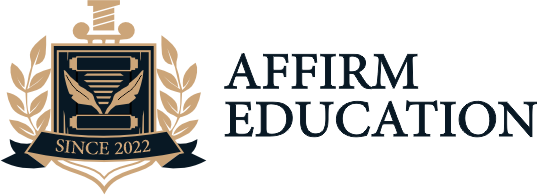Effective study techniques can significantly enhance learning outcomes for students of all ages. With various learning styles in mind, it’s essential to find strategies that work best for you. Here are ten proven techniques to boost your study effectiveness.
Technique #1: The Pomodoro Technique This time-management method involves studying for 25 minutes, followed by a 5-minute break. After four sessions, take a longer break. This technique helps maintain focus and reduces burnout.

Technique #2: Active Recall Active recall involves testing yourself on the material you’ve studied instead of just re-reading it. Use flashcards or practice questions to reinforce your memory actively.
Technique #3: Spaced Repetition This technique leverages the spacing effect, where information is reviewed at increasing intervals. Apps like Anki can help schedule your reviews effectively, enhancing long-term retention.
Technique #4: Mind Mapping Creating visual diagrams that connect concepts can aid understanding and retention. Mind maps can be especially useful for visual learners.
Technique #5: Setting Specific Goals Break your study sessions into specific, achievable goals. Instead of “study biology,” aim for “complete chapter 3 and review notes.” This clarity keeps you focused.
Technique #6: Group Study Sessions Studying with peers can foster collaboration and discussion, deepening your understanding. Teach each other concepts and quiz one another for better retention.
Technique #7: Utilizing Technology Leverage educational apps and online resources that can aid your study process. Tools like Quizlet and Khan Academy offer diverse learning materials.
Technique #8: Teaching Others The Feynman Technique suggests teaching the material to someone else to identify gaps in your understanding. This method reinforces your knowledge while highlighting areas that need more attention.
Technique #9: Creating a Study Schedule Establishing a regular study routine helps build consistency. Use planners or digital calendars to block out study time and keep you accountable.
Technique #10: Staying Healthy Finally, prioritize your physical health. Adequate sleep, balanced nutrition, and regular exercise positively impact cognitive function and focus.
Experiment with these techniques to find what works best for you. Share your favorite study tips in the comments, and let’s learn from each other’s experiences!





